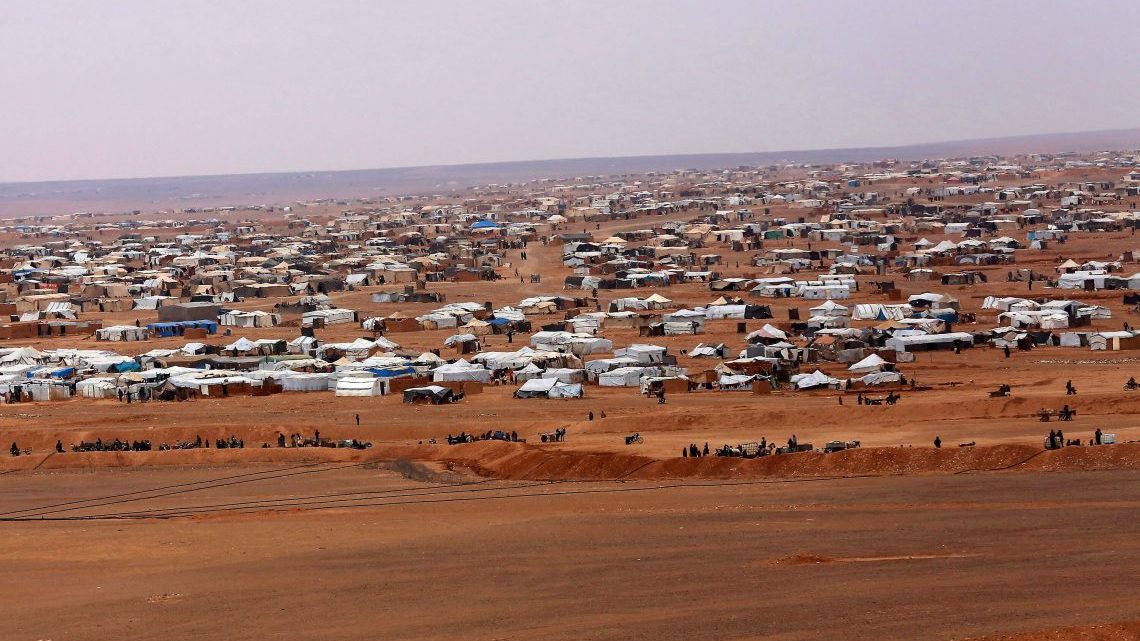Secretary of the Syrian Opposition Coalition’s (SOC) political committee, Abdul Majeed Barakat, called on the United Nations to reconsider the decision to reduce potable water supplies to the Rukban refugee camp near the Jordanian border. He also called for working effectively to ensure a dignified life for thousands of households in the Rukban camp, which has been under tightened blockade by the Assad regime forces.
Barakat said that the Assad regime’s blockade on the Rukban refugee camp led to the creation of a life-threatening food and health crisis that requires urgent intervention by the UN.
Read Also: Opposition: Urgent UN Intervention Needed in Rukban Refugee Camp
Barakat stressed that the Assad regime continues to tighten the blockade on the Rukban camp as it previously did with several Syrian cities and towns with the aim of controlling the camp and taking revenge on its residents.
Barakat indicated that the camp residents are now facing two dangers: the lack of water, food and medical supplies; and arrest and torture in the event that the Assad regime controls the camp. He said that the United Nations bears full responsibility for the safety of families trapped in the camp.
The United Nations Children’s Fund (UNICEF) said it was reducing the amount of clean water allocated to the Rukban camp on the Syrian-Jordanian border. The Assad regime tightened the blockade on the camp 24 days ago, which led to a renewed tragedy for the displaced people living in the camp.
The local council in the camp said that the water that comes from the Jordanian territory does not cover the needs of the 7,500 displaced people in the camp, which will create a major humanitarian crisis with the onset of the hot summer.
Established in 2014 at the Syria-Iraq-Jordan border triangle, the camp houses people from the countryside of Raqqa, Deir-ez-Zor, Homs and Hama, who fled the bombardment and arrest by the Assad regime.
This article was edited by The Syrian Observer. The Syrian Observer has not verified the content of this story. Responsibility for the information and views set out in this article lies entirely with the author.


